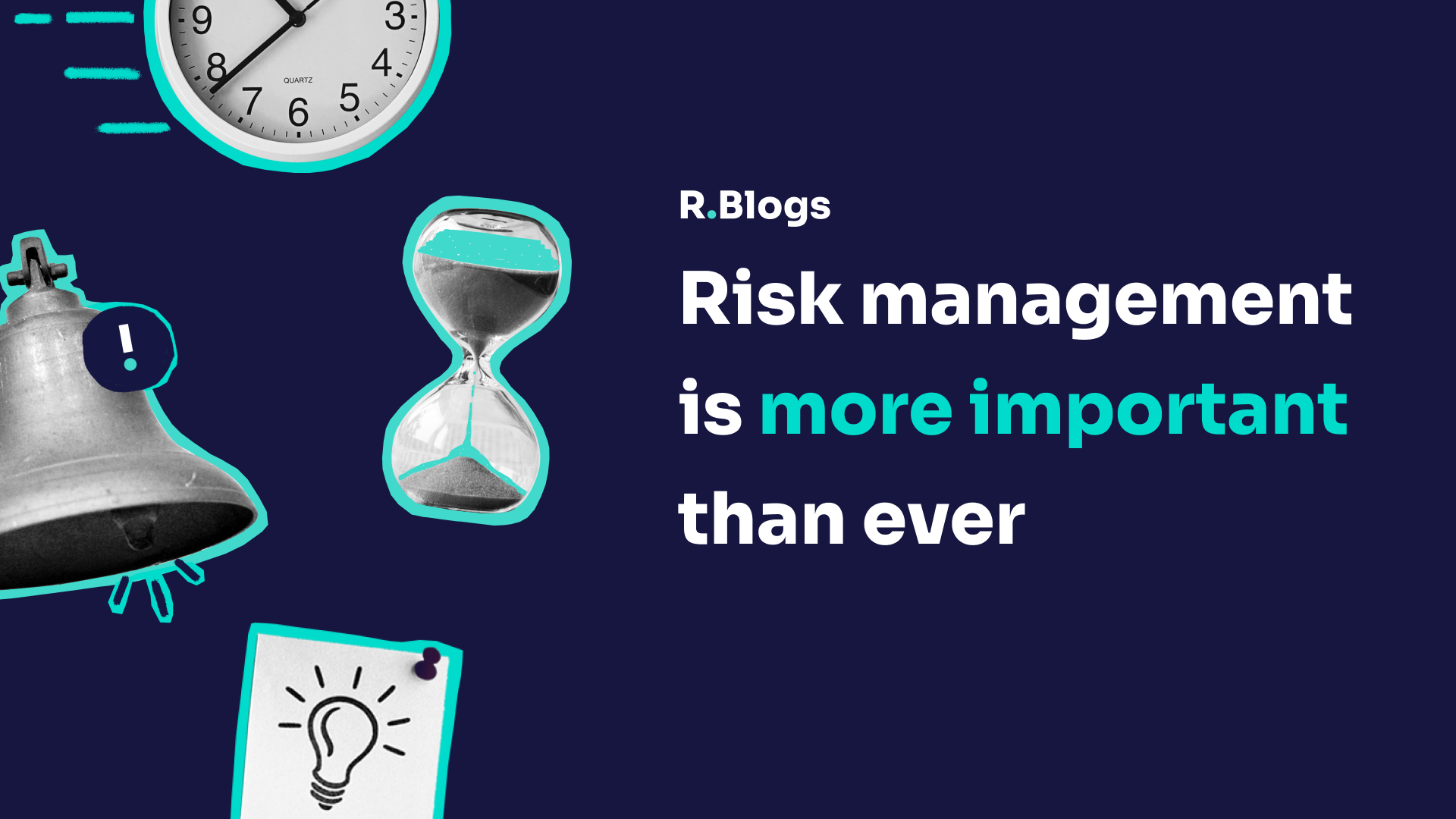Enhancing Business Efficiency Through the Importance of Risk Management
Enhancing Business Efficiency Through the Importance of Risk Management
Blog Article
The Significance of Understanding the Importance of Risk Management in Various Industries

The Core Idea of Risk Management and Its Objective
Risk Management, the cornerstone of many markets, hinges on the identification, analysis, and mitigation of unpredictabilities in an organization setting. It is an integral method that enables organizations to secure their possessions, reputation, and overall survival. By properly recognizing potential dangers, companies can create techniques to either avoid these threats from taking place or lessen their impact. The assessment procedure involves analyzing the possibility and potential severity of these dangers. When threats have actually been recognized and reviewed, the mitigation procedure involves designing strategies to lower their prospective influence. This procedure is continuous and intermittent, ensuring that businesses are planned for the ever-changing nature of Risk in different markets. The key purpose, hence, is to promote strength in the middle of uncertainties.
Advantages of Applying Risk Management in Business Operations

Introducing the Duty of Risk Management in Different Industries
While every industry faces its one-of-a-kind collection of dangers, the implementation of Risk Management approaches stays a typical denominator in their pursuit of sustainability and development. In the medical care field, Risk Management requires making certain client safety and information defense, while in money, it includes mitigating investment risks and ensuring governing compliance (importance of risk management). Building business concentrate on worker safety and security, project delays, and spending plan overruns. In the innovation field, firms minimize cybersecurity hazards and technology obsolescence. Inevitably, the duty of Risk Management throughout industries is to recognize, assess, and minimize risks. It is a crucial component of critical preparation, making it possible for companies to protect their assets, take full advantage of opportunities, and achieve their purposes.
Real-life Instance Studies Showing Successful Risk Management
To recognize the relevance visit our website of Risk Management in these several markets, one can look to numerous real-life circumstances that show the effective application of these steps. Toyota, upload the 2011 earthquake in Japan, changed its supply chain Management to minimize disruption risks. These cases show just how sectors, discovering from situations, successfully used Risk Management approaches to lower future threats.
Future Patterns and Developments in Risk Management Strategies
As the globe continues to advance, so too do the trends and advancements in Risk Management techniques. Rapid improvements in modern technology and information analytics are improving the Risk landscape. Huge information and AI are now important in anticipating and mitigating threats. Organizations are leveraging these tools to build anticipating versions and make data-driven choices. Cybersecurity, as soon as a peripheral concern, has catapulted to the forefront of Risk Management, with methods focusing on prevention, action, and detection. The helpful site integration of ESG (Environmental, Social, Governance) elements into Risk Management is one more expanding pattern, showing the increasing acknowledgment of the duty that social and environmental dangers play in company sustainability. Thus, the future of Risk Management depends on the combination of innovative modern technology, innovative approaches, and an all natural strategy.
Verdict
In verdict, recognizing the value of Risk Management throughout a spectrum of industries is vital for their long life and prosperity. Tailored strategies can help minimize potential dangers, guard properties, and foster stakeholder count on. In addition, proactive decision-making help in regulatory conformity and optimizes source usage. Ultimately, successful Risk Management adds to extra lasting and durable organizations, highlighting the value of this technique in today's very affordable and vibrant company setting.
While every industry challenges its unique collection of risks, the implementation of Risk Management techniques remains a common in their pursuit of sustainability and growth. In the medical care sector, Risk Management involves making sure individual safety and information protection, while in financing, it entails mitigating financial investment threats and ensuring governing conformity. Inevitably, the role of Risk Management throughout sectors is to determine, read review evaluate, and mitigate dangers. These instances show how sectors, finding out from situations, successfully used Risk Management techniques to decrease future dangers.

Report this page